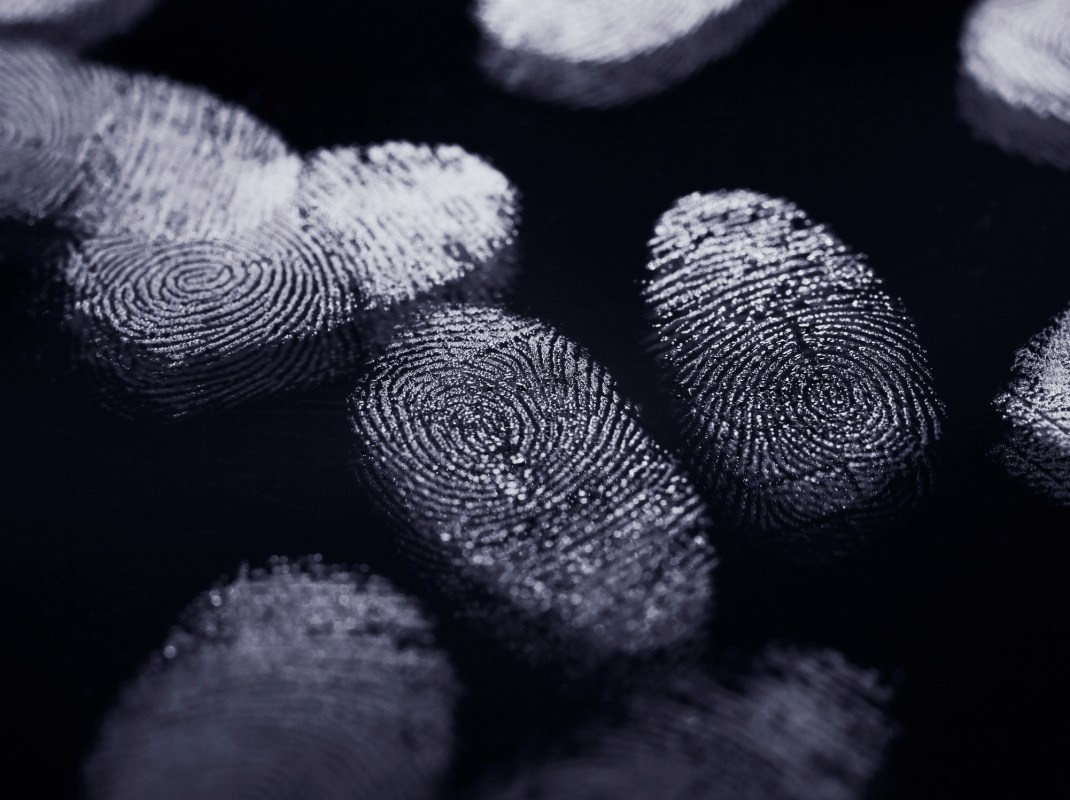Fingerprints are unique to each person, which is why they have been used as the gold standard in law enforcement and forensics since about the early 1900s. More recently, your fingerprint has been used for everyday life — they are now used to unlock your phone or gain access to your bank account, offices or even health records. And now, a raft of sensitive fingerprint-analysis techniques is proving to be more powerful than ever before.
The Atlantic reports that personal information can now be extracted through your fingerprint, including what drugs you’ve done. The new methods use biometrics to analyze biochemical traces in sweat found along the ridges of a fingerprint, explains The Atlantic. Those trace chemicals can then quickly reveal whether you have taken cocaine, opiates, marijuana, or other drugs.
Researchers at the University of Surrey in the United Kingdom gathered 160 fingerprint samples from 16 people at a drug-treatment center who had used cocaine within the past 24 hours, and then 80 samples from non-users. They were able to correctly identify 99 percent of the users and gave false positive results for just 2.5 percent of the nonusers. Though this technology is exciting — and law-enforcement and corrections officers are excited by the possibilities — it raises some questions about privacy and consent.
Thanks for reading InsideHook. Sign up for our daily newsletter and be in the know.


















